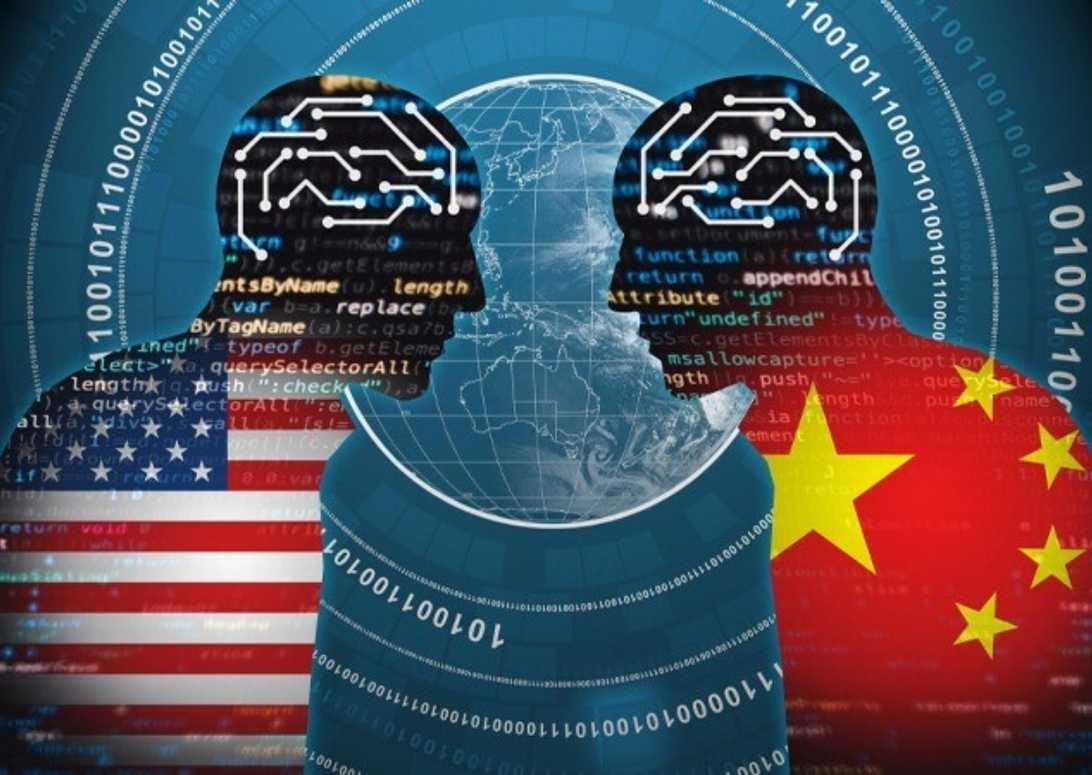WASHINGTON: The global race to dominate Artificial Intelligence (AI) has intensified, with world-leading technology giants, innovators, and nations vying for control over what many experts describe as the defining technology of the century. The stakes are monumental, as AI is rapidly shaping industries, redefining global power dynamics, and raising questions about ethics, regulation, and the future of work.
Over the past decade, AI has evolved from a niche area of research into a global phenomenon with tangible real-world applications. From healthcare and education to defense and climate change modelling, AI is proving to be a transformative force. Yet, alongside its promise lies a fierce geopolitical contest, as nations such as the United States, China, and members of the European Union push to secure leadership in the field.
In the United States, Silicon Valley remains a hotbed of AI innovation, with companies such as OpenAI, Google DeepMind, and Anthropic racing to develop advanced models capable of performing increasingly complex tasks. The pace of breakthroughs in generative AI, language processing, and autonomous systems has stunned experts and policymakers alike. Meanwhile, China has accelerated its AI ambitions, pouring billions of dollars into research, infrastructure, and talent development. Beijing’s strategy combines state support with aggressive corporate investment, with the aim of integrating AI across governance, security, and economic sectors.
Europe, while less aggressive in funding compared to the US and China, has positioned itself as the moral compass of AI development. The European Union is advancing comprehensive AI regulations to ensure transparency, safety, and accountability, a move that could set a global precedent. Analysts believe the EU’s regulatory framework could influence global AI governance just as its data protection law, GDPR, reshaped online privacy norms.
However, the rapid progress of AI is accompanied by growing concerns. Experts warn of potential job displacement, misuse of AI-powered surveillance, algorithmic bias, and the existential risks posed by advanced artificial general intelligence (AGI). As the competition heats up, some voices are calling for stronger international collaboration to prevent misuse and to ensure AI serves humanity rather than becoming a tool of unchecked power.
AI’s strategic importance has even drawn comparisons to the nuclear arms race, with governments now framing AI as a matter of national security. This has led to increasing tensions, export controls, and technological decoupling between major powers. The global AI rivalry is no longer just a technological contest—it is a struggle to define the values, rules, and ownership of the future digital order.
This story has been reported by PakTribune. All rights reserved.



